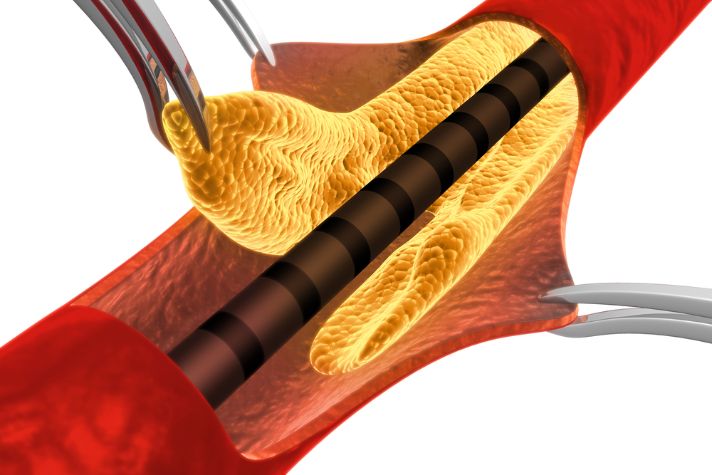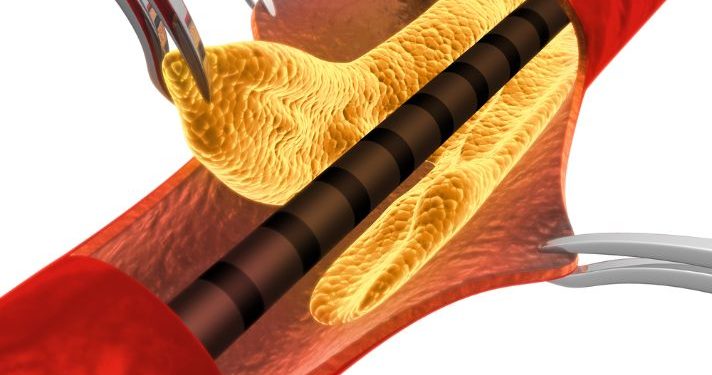Bone marrow pain is a common symptom of certain types of blood cancers. It happens when cancer cells build up inside the bone marrow, which is the spongy tissue at the centre of some bones that produces the body’s blood cells. The cancer cells can damage the healthy bone marrow, making it difficult to produce enough red and white blood cells to supply the rest of the body with the oxygen it needs. This can lead to a low number of blood cells, which in turn can cause fatigue, weakness and breathlessness.
More than two-thirds of people diagnosed with multiple myeloma, a type of bone marrow cancer, experience bone pain at some point in their illness. The cancer cells build up and destroy the normal plasma cells in the bone marrow, causing pain and making the long bones of the arms and legs and the vertebrae in the spine weaker. The spinal cord is also affected in advanced cases, and this can cause pain, loss of movement or numbness. In some cases, the spine can collapse (compress) and put pressure on the nerves that run down the back.
Leukemia and myelodysplastic syndromes (MDS) also can cause bone or joint pain, usually because the bone marrow becomes overcrowded with cancer cells. The pain can be felt in the long bones of the arms and legs, the chest bone or the ribs. It may also be felt in the large joints, such as the hips or shoulders. Bone pain from leukemia and MDS often starts several weeks after the patient is first diagnosed with the disease.

Polycythemia vera (PV), a condition in which the bone marrow makes too many red blood cells, can also lead to bone pain. It can also cause a high level of calcium in the bloodstream (hypercalcaemia), which is dangerous and needs to be treated as soon as possible. PV can also affect the stomach, small intestine or esophagus. It can cause pain in the hands, feet or joints, and it can make the skin look pale and feel tingly or hot.
Some blood cancers cause a low number of platelets, which help with bleeding and clotting. This can cause easy bruising and bleeding, as well as tiredness and breathlessness.
Occasionally, leukemia can cause a build-up of fluids in the lungs (pulmonary infiltration). This is a medical emergency and needs to be treated with antibiotics as quickly as possible.









